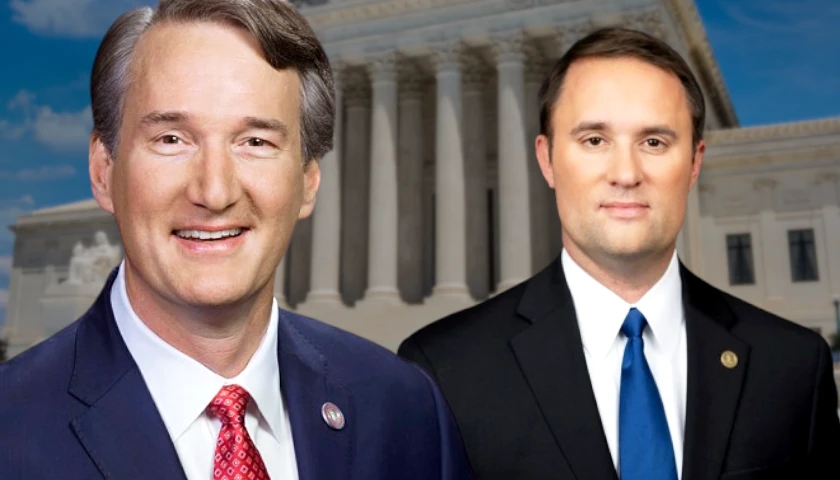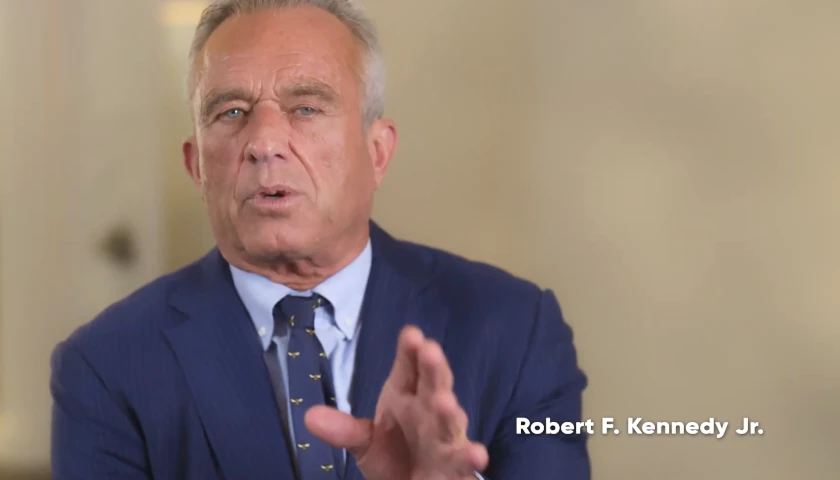by Scott McClallen
Michigan Democrat leaders are pushing for bills to allocate $25 million to the Secretary of State’s (SOS) office to clear an expanding 15-month backlog caused by the COVID-19 pandemic as well as government orders to shut down walk-in service.
The legislation includes allocation of $5 million in overtime costs and $20 million of federal stimulus money to hire 200 more workers.
SOS Jocelyn Benson touts a doubled Google ranking to 4 stars as proof Michiganders want to keep appointment-only SOS services.
Benson called the previous MI Time system “broken,” saying it frustrated customers by giving inaccurate information, which caused wait times to triple as much as 43 minutes. By 2018, branch time visits averaged 100 minutes.
Michiganders have been waiting longer than a year as walk-in appointments were banned. The resulting backlog has booked SOS offices in Lansing through August if a resident can’t snag a next-day appointment by applying at either 8 a.m. or noon.
“But the answer isn’t … to reject a new model that is working and very popular and replace it with the failed system that was inefficient and broken,” Benson said in an afternoon news conference.
With the current appointment model, residents can be in and out in 20 minutes, not counting the time waiting for the appointment, Benson said. Half of all appointments are next-day appointments.
Benson said some Michiganders had to wait wait “half-a-day” for some SOS services.
“The path forward is clear: increase the number of appointments available so that they are abundant and easy to schedule and reduce the need for residents to visit our offices at all,” Benson said. “Representatives Brixie and Young propose a much-needed investment in our infrastructure that adds half a million appointments between now and October. This would eliminate the backlog and free up advance and next-day appointments to be available on demand, getting us closer to a point where the supply of in-person transactions our offices can provide meets the needs of our residents.”
House Bill (HB) 4946, introduced by Rep. Stephanie Young, D-Detroit, seeks to allocate $5 million from federal stimulus money to fund overtime to allow the Department of State (MDOS) to extend hours of operation at all 130 branch locations, providing 210,000 new appointments between now and Sept. 30.
“We are still emerging from a once-in-a-lifetime pandemic, and the Department of State was not immune to the challenges it brought,” Young said. “My goal is to help level-set the branch services as quickly as possible by helping the Secretary of State provide more access and more appointments through increased funding. I am hopeful my Republican colleagues will understand that, without more funding, we continue to add to residents’ frustrations by ignoring the root of the issue.”
HB 4947, introduced by Julie Brixie, D-Meridian Township, aims to provide funding to hire 200 new full-time works at SOS branches, enabling 290,000 new appointments between now and Sept. 30.
“Republican leadership caused a completely unprecedented demand for conducting business with the Secretary of State by requiring over a year’s worth of business to be conducted overnight after ending the deadline extension for renewals,” Brixie said. “They knew this wasn’t remotely feasible because the Department of State’s capacity has been cut by nearly half in recent decades. Our bills would use federal COVID funds to fix this problem by giving Secretary Benson the resources she needs to expand branch hours and clear the current backlog of transactions.”
Lawmakers in the House Oversight Committee have spent two weeks analyzing and criticizing the current system.
Benson touted progress over the last two years as MDOS increased the number of transactions completed remotely with nearly 150 new self-serve kiosks, cutting down branch office traffic from 74% in 2018 to 40% in 2020.
It’s unclear if Republicans will support the bills.
– – –
Scott McClallen is a staff writer covering Michigan and Minnesota for The Center Square. A graduate of Hillsdale College, his work has appeared on Forbes.com and FEE.org. Previously, he worked as a financial analyst at Pepsi.









